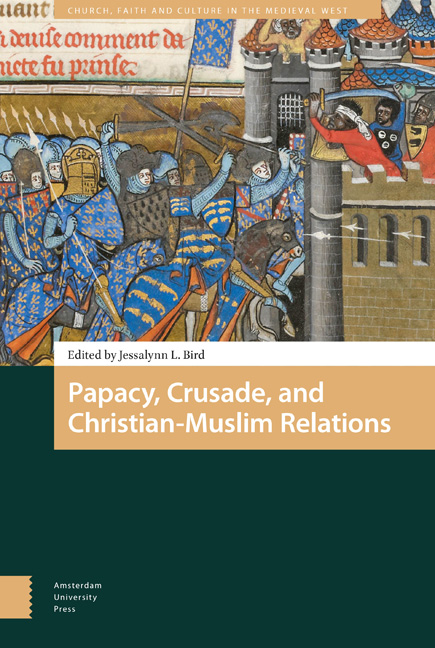5 - Pisan Migration Patterns along Twelfth Century Eastern Mediterranean Trade Routes
Published online by Cambridge University Press: 22 December 2020
Summary
Abstract
Over the course of the later twelfth century Pisan merchants came to dominate the Levantine Sea. The rise was sparked by developing commercial activity in Alexandria, often dealing in forbidden war materials. As the Tuscans prospered and adapted to the fluid political situations they encountered, their numbers grew apace with their influence. This article examines the trade and migration patterns of Pisan merchants in the eastern Mediterranean during the twelfth century utilizing a holistic approach, relying on the extant cartulary record to illuminate how events in the major eastern ports affected the others. Though Pisa's situation at times seemed perilous, shrewd exploitation of fortuitous circumstances propelled her to the height of her power by the turn of the century.
Keywords: Pisa, crusade, Levant, migration, trade, Egypt
In the opening paragraph of his first major published work, James Powell stated that ‘the late twelfth and first half of the thirteenth centuries mark a significant turning point in the economic development of the [Kingdom of Sicily]’. Although Powell was discussing the squandering of the economic potential of Southern Italy under its Norman and Swabian rulers, he made clear that this potential stemmed from the exceptionally diverse, international character of the Sicilian ports and the pan-Mediterranean network established by the Amalfitans. Powell's ability to approach topicsutilizing a broad perspective was the hallmark of his most influential works. The present study seeks to emulate Powell's knack for wide consideration. Instead of looking at an Italian society which had wasted its economic potential, this work examines a contemporaneous Italian society that seized upon eastern Mediterranean opportunities and in so doing approached the zenith of its power and influence: the commune of Pisa.
The presence of Pisan merchants in the various ports of the eastern Mediterranean in the twelfth century is hardly a secret, despite the relatively little scholarly attention they have garnered in comparison to their Genoese and Venetian rivals. Ralph Johannes Lilie's Handel und Politik (1984) is a landmark work on the interactions between the maritime communes and the Byzantine Empire of the twelfth century. Similarly, Marie-Luise Favreau-Lilie's Die Italiener im Heiligen Land (1989) serves as a Latin Kingdom equivalent to her husband's work. Additionally, Michel Balard has written numerous articles on Italians in the Holy Land and the prolific David Jacoby has done so for the Levant, Constantinople, and even Egypt.
- Type
- Chapter
- Information
- Papacy, Crusade, and Christian-Muslim Relations , pp. 97 - 116Publisher: Amsterdam University PressPrint publication year: 2018



